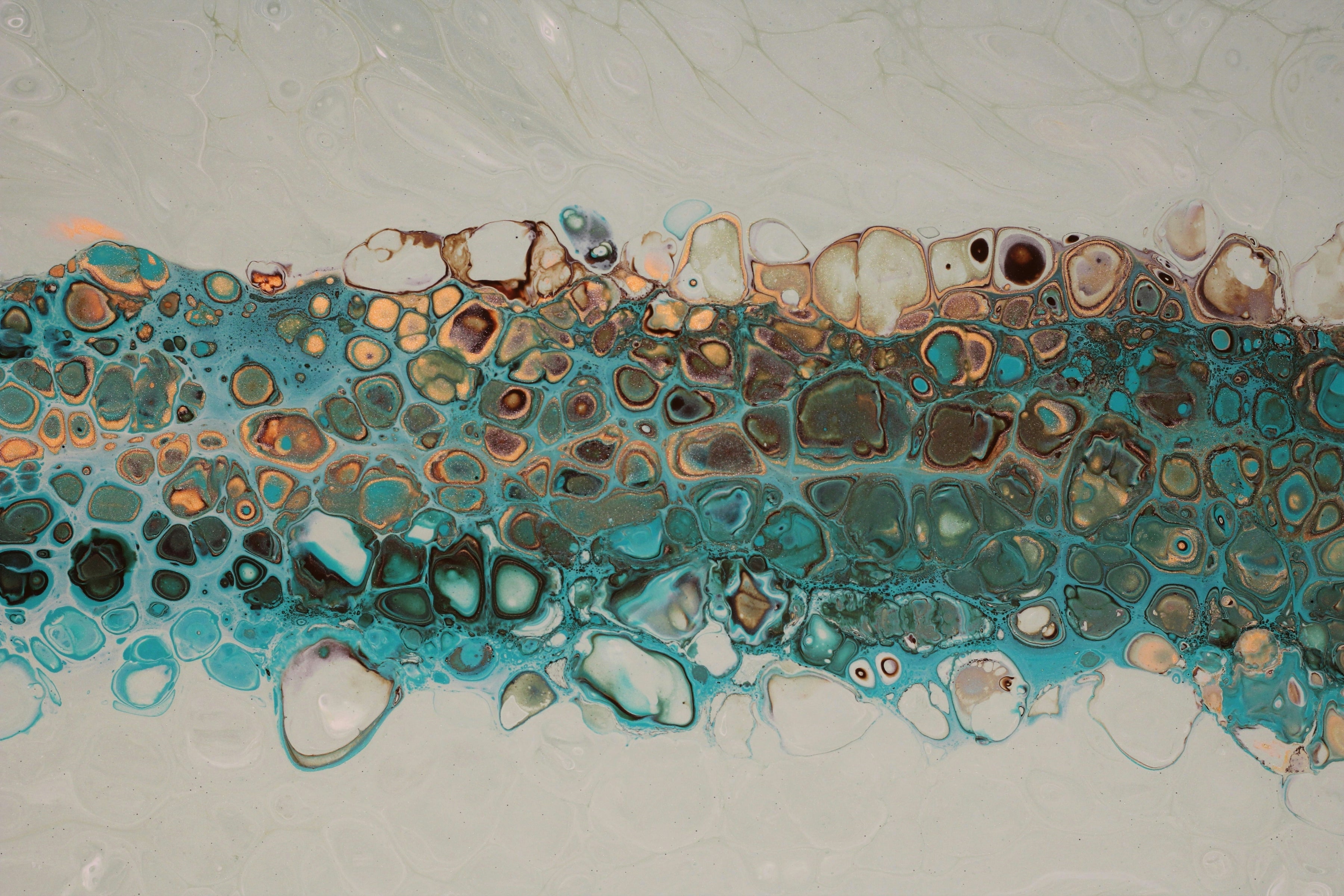SDS Seminar Series – Wenyi Wang, MD Anderson Cancer Center
Oct
17
2025

Oct
17
2025
Description
The Fall 2025 SDS Seminar Series continues on October 17th from 2:00 p.m. to 3:00 p.m. with Dr. Wenyi Wang (Professor, Department of Bioinformatics and Computational Biology, MD Anderson Cancer Center). This event is in-person in the Avaya Room (POB 2.302).
Title: Deciphering Tumor Heterogeneity for Benefits from Immunotherapy in Cancer
Abstract: Intra-tumor heterogeneity is characterized by a diverse population of tumor clones and subclones which are important drivers of tumor evolution and therapeutic response. However, accurate subclonal reconstruction at scale remains challenging. We developed a machine learning based method, CliPP, and surveyed 10,409 tumors from 32 cancer types. We found that high subclonal mutation fraction (sMF), the fraction of subclonal single nucleotide variants (SNVs) to all SNVs in the coding region, was prognostic of survival (progression free survival or overall survival) in 18 cancer types. In 14 cancers with low to moderate tumor mutation burden (TMB), high sMF was associated with better prognosis. In four cancers with high TMB, the opposite association was observed. In immunotherapy trials for advanced prostate cancer, a low-TMB cancer, high sMF was predictive of favorable response to ipilimumab and associated with increased CD8+ T-cell infiltration. The biphasic property of sMF that is distinct between cancers with low-moderate TMB and high TMB is further replicated within the SU2C-MARK (n=227) lung cancer cohort, where both directions of associations were observed in patients treated with immune checkpoint blockade (ICB). Our study highlights sMF as a key feature of cancer evolution, with its accurate measurement from DNA sequencing data being supported by CliPP. Our findings with response to ICB therapy advocates using sMF and TMB jointly as a marker of interplay between evolutionary dynamics and immune environments.
Other Events in This Series
Oct
4
2024
SDS Seminar Series – Huiyan Sang, Texas A&M University
GS-BART: Graph Split Additive Decision Trees for Spatial and Network Data
2:00 pm – 3:00 pm • In Person
Speaker(s): Huiyan Sang
Oct
11
2024
SDS Seminar Series – Mingyuan Zhou, University of Texas at Austin
Building Faster, Better, and Safer Deep Generative Models via Score Identity Distillation
2:00 pm – 3:00 pm • In Person
Speaker(s): Mingyuan Zhou
Oct
18
2024
SDS Seminar Series – Sherry Zhang, University of Texas at Austin
Pivoting between Space and Time: Spatio-Temporal Analysis with Cubble
2:00 pm – 3:00 pm • In Person
Speaker(s): Sherry Zhang
Oct
25
2024
SDS Seminar Series – Matt Koslovsky, Colorado State University
Sparse Dirichlet-Multinomial Models
2:00 pm – 3:00 pm • In Person
Speaker(s): Matt Koslovsky
Nov
1
2024
SDS Seminar Series – Aaditya Ramdas, Carnegie Mellon University
A Game-Theoretic Theory of Statistical Evidence
2:00 pm – 3:00 pm • In Person
Speaker(s): Aaditya Ramdas
Nov
8
2024
SDS Seminar Series – Myungsoo Yoo, University of Texas at Austin
Dynamic Spatio-Temporal Model Integrating Physics for Fire Front Propagation
2:00 pm – 3:00 pm • In Person
Speaker(s): Myungsoo Yoo
Nov
15
2024
SDS Seminar Series – Rafael Irizarry, Harvard University
Twenty-Five Years of Data Science: Music, Genomics, and Public Health Surveillance
2:00 pm – 3:00 pm • In Person
Speaker(s): Rafael Irizarry
Mar
7
2025
SDS Seminar Series - Arun Kuchibhotla, Carnegie Mellon University
Adaptive Inference Techniques for Some Irregular Problems
2:00 pm – 3:00 pm • In Person
Speaker(s): Arun Kuchibhotla
Mar
28
2025
SDS Seminar Series – Po-Ling Loh, University of Cambridge
Differentially Private M-estimation via Noisy Optimization
2:00 pm – 3:00 pm • In Person
Speaker(s): Po-Ling Loh
Apr
18
2025
SDS Seminar Series – Richard Samworth, University of Cambridge
How Should We Do Linear Regression?
2:00 pm – 3:00 pm • In Person
Speaker(s): Richard Samworth









